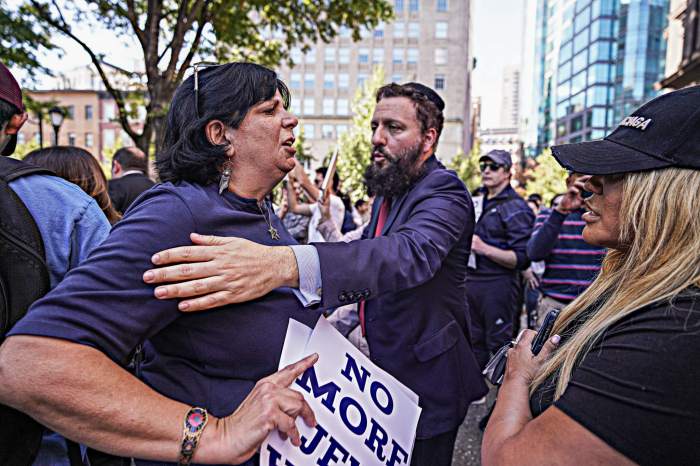
As the nation watched video of an unarmed black man shot in the head by a white University of Cincinnati police officer in a recent traffic stop, a state court in Brooklyn yesterday refused to unseal grand jury records in the death of Eric Garner, the unarmed black Staten Island man who died as NYPD officers took arrested him.
The officer in the Cincinnati case, Ray Tensing, was indicted on a murder charge yesterday in the death of Samuel DuBose, whom he stopped for not having a license plate on the front of his car. “He purposely killed him,” the local prosecutor said of Tensing . The indictment also revealed how officers covered up for Tensing, endorsing his story that DuBose dragged him along the road. The problem was that Tensing wore a body camera when the two-minute episode went down.
Garner died a year ago from an apparent chokehold by NYPD Officer Daniel Pantaleo. A grand jury declined to indict Pantaleo, and no one knows why. Everyone has seen the video of Garner being wrestled to the ground, but no one knows what other evidence led to the grand jury’s decision. The lack of information undermines confidence in the justice system. Yet, the appeals court found there was no “compelling” need to make an exception to state secrecy laws because enough information is available to inform debate about grand jury reforms.
We disagree. Needed reforms failed in Albany this year. Knowing how Garner’s case was presented and what charges were considered could have made a strong case for change. In reviewing the ruling, the state’s top court might interpret compelling need differently. But even then the disclosure would only apply to Garner’s case. The State Legislature needs to ease secrecy laws to restore confidence in the system.

















